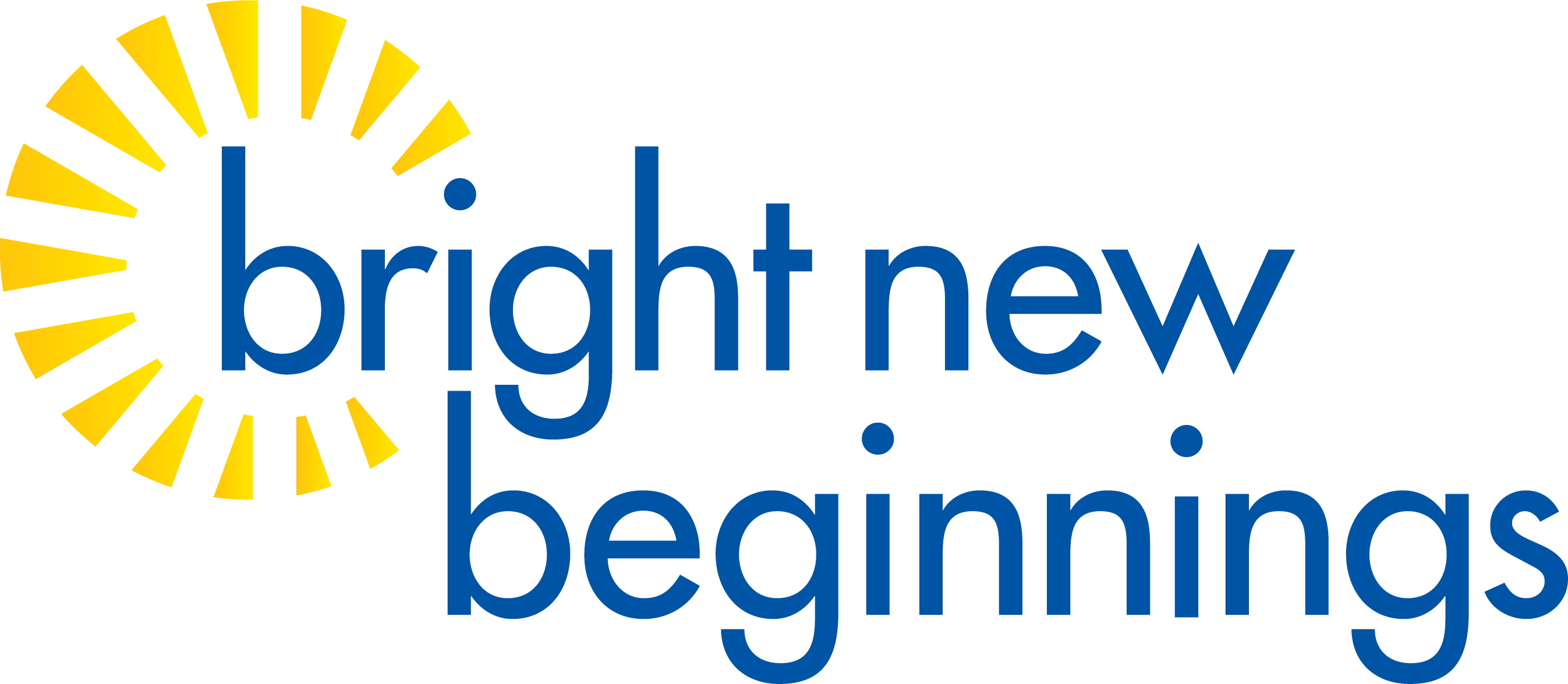The statistics on addiction are astounding.
In 2017, 19.7 million Americans aged 12 and older grappled with a substance use disorder.
Almost 74% of those adults also battled an alcohol use disorder.
And if you come from a family of alcoholics you’re not alone, as over half of adults have a family history of alcohol addiction.
All of this is to say that addiction is sadly commonplace, and millions of families seek addiction recovery each year. Luckily, there are resources that can offer help for families of alcoholics.
If your loved one is struggling with addiction, don’t lose hope. Keep reading to learn how to deal with an alcoholic family member.
What Can You Do if a Family Member Is Addicted?
No two families have the same addiction and recovery experience, so there is no standard solution to helping families of alcoholics.
As everyone’s situation is different, it is important to remain flexible during addiction recovery.
Educate Yourself About Addiction and Recovery
To determine how to help an alcoholic, you must educate yourself about the disease of addiction first. The more you know, the keener your insight will be when dealing with a loved one who can’t manage her addiction.
First, start with resources that offer a general overview of addiction. You’ll have a better understanding once you begin to focus on your loved one’s substance of choice. Helping someone addicted to heroin is different than dealing with a family member who abuses prescription drugs or is addicted to alcohol.
The more you understand about the specific substance use disorder, the more you can empathize with your loved one.
When researching online, don’t forget to check multiple sources. This research is one of the most powerful ways to assist your loved one along the road to recovery.
Set Clear Boundaries
Once you know more about the disorder, you should set clear boundaries for everyone in your household.
Be firm about the basics, such as:
- No being intoxicated at home
- No alcohol or drug use in the house
- No asking to borrow anything
- No friends in the house who have a history of drug or alcohol abuse
These rules are only examples—you should tweak your boundaries depending on who in your family is battling addiction. Rules will differ if you’re trying to set your child back on the right path versus helping your partner recover from a substance use disorder.
To give your family member a fair shot at recovery, you must start by providing the right environment at home.
Don’t Make Things Easier for Them
When you see your loved one struggling, you want to do everything you can to help.
But beware of hindering their recovery by making things too easy for them.
For example, if you see your adult child struggling financially and step in to help them before they’re committed to recovery, you’re only perpetuating the cycle. You should avoid creating this codependent relationship or enabling them at all costs.
Setting boundaries as discussed above is crucial here. It will help you determine where to draw the line with your loved one. Be firm, and let them know that you’ll help in any way with recovery, but you won’t steer them further down the road to oblivion.
If your family member calls on you to make excuses for their behavior, stick to your guns and refuse.
Remain Transparent and Honest
Don’t treat your loved one as if they are fragile and will break if you voice your opinion during their recovery, even if they play the victim.
If a family member is in danger by abusing alcohol or drugs, explain how crucial transparent communication is to recovery. Talk openly about detox, initial abstinence, ongoing sobriety, and rebuilding a life not centered on drinking or drugs.
The more you communicate honestly with an addict, the more chance you have of helping her. However, remember
not to blame her. Initially abusing a substance is a choice, but addiction certainly isn’t. Keep channels of communication open without introducing judgemental behavior.
It’s also okay to let your loved one know how much her behavior is negatively affecting the rest of the family. She may not realize how her actions tear down others when she’s in the grips of addiction. This communication will be integral to family counseling sessions.
Help Them Find a Recovery Center
Maybe your loved one is in denial and refuses to acknowledge hus addiction, or perhaps he’ll admit he has a problem and wants help but doesn’t know where to start.
If your family member needs or wants assistance, you can help decide on the appropriate treatment center. Severe addiction likely calls for a
medically supervised detox.
Choosing the right recovery center can make or break long term recovery and may prevent future relapses.
How Do You Cope with a Loved One’s Addiction?
Families of addicts understand that those with substance use disorders are not the only ones suffering. Addiction can impact your family’s physical health, psychological well being, and finances.
There is support for families of alcoholics available. You just have to find
what works for you and your loved ones.
Attend Group Counseling
Even if you can convince your child or partner to talk, it’s not always easy and often leads to arguments. If you find this happening to you, consider counseling for families of alcoholics.
Family therapy is designed to help families work through problems in a supervised setting. Group counseling is certainly not for every addict, and you might face initial resistance from your family member.
If your family member pushes back at the idea of therapy, this is when you must ensure the lines of communication are open at home. You should also try to get her involved in groups such as Narcotics Anonymous or Alcoholics Anonymous.
During therapy, you’ll be given tools to help you cope with addiction in your family, and you’ll have the chance to garner hope from others in a similar situation. These programs can be immensely beneficial for your mental health while assisting you in helping your loved one.
Consider Private Therapy
Don’t forget to take care of yourself when working through problems with addiction at home. As you navigate the long road to recovery with your family member, make sure the trip doesn’t wear you down.
Caregivers can become depressed and in poor health when in high-stress situations. If this sounds like your situation, you should consider private therapy.
When talking to a professional in an understanding environment, you’ll also equip yourself with tools and strategies to keep stress at bay, work on anger management, and let go of codependent behaviors.
Be Realistic
As hard as it is to hear, when helping a loved one through addiction recovery you should prepare yourself for a relapse.
Addiction is a treatable disease, but relapse happens as frequently as you might expect from any condition.
Be positive but realistic about your family member’s efforts to recover and how long it will take. Remind yourself throughout the process that you are seeking treatment and ongoing management of addiction rather than a ‘cure.’
Why Do Addicts Relapse?
According to the
National Institute on Drug Abuse (NIDA), individuals recovering from any kind of substance use disorder often experience at least one relapse.
If someone has abstained from substance use for a long time, a relapse can be especially dangerous. After a lengthy time in recovery, an addict loses tolerance for the substance. Taking the amount they were accustomed to before recovery could result in an overdose or death.
Relapse is a possibility no matter how long a person has been sober, as addiction is a chronic disease. And once a recovered addict uses one time, he will likely continue to feel a strong desire for the drug. For this reason, it’s vital to get a relapsed addict into recovery treatment as quickly as possible for his long-term recovery and health.
To help prevent a relapse, choose a recovery center with a strong aftercare program in place. It’s not enough to spend a month in a controlled environment—the support must continue.
As you search for the right recovery program, be sure to ask about their focus on continuing care.
We Offer Help for Families of Alcoholics
If anyone in your family is suffering from a substance use disorder, it’s crucial to seek help for families of alcoholics before their addiction leads to a tragic end. Bright New Beginnings can help your family members leave their addictions in the past.
We are an addiction treatment center that helps patients get clean and take control of their lives—free from substance use. If you’ve decided that enough is enough, the first step is to call us about a
custom treatment plan.

